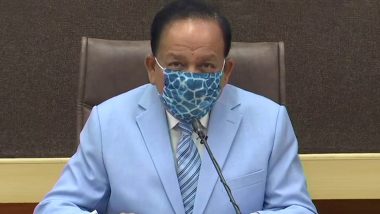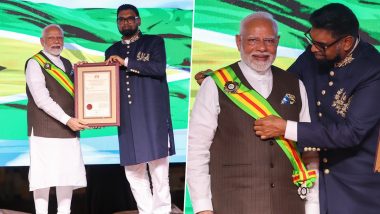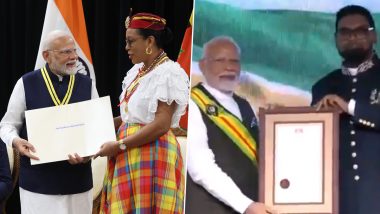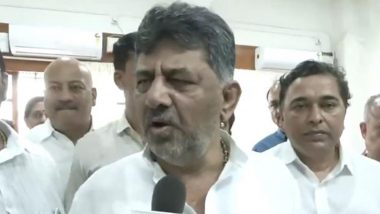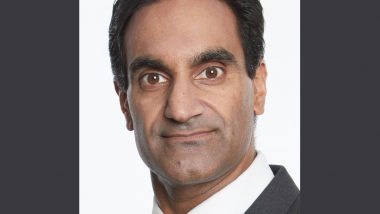Dr Harsh Vardhan, Union Minister for Health and Family Welfare virtually participated in a High-Level Panel Discussion on “Continuity on Health Services during COVID-19 Crisis”, today. Shri Nikhil Seth, United Nations Assistant Secretary-General and Executive Director, United Nations Institute for Training and Research, Dr David Nabarro, Co-Director of the Institute of Global Health Innovation and Special Envoy of WHO Director-General on COVID-19, Shri Mukul Bhola, CEO, The Defeat-NCD Partnership, UNITAR, Mr Ahmadou Lamin Samateh, Health Minister of The Gambia, Mr Daniel Ngamije, Health Minister, Rwanda, Lyonpo Dechen Wangmo, Health Minister of Royal Government. of Bhutan, Mr Bandar M.H. Hajjar, President, Islamic Development Bank and Mr Menassie Taddese, President of Emerging Markets, Viatris participated in the panel discussion.
The Union Health Minister appreciated “Defeat-NCD Partnership at United Nations Institute for Training and Research” for organising a CALL FOR ACTION session for countries on “Uninterrupted Health Services for NCDs during the COVID-19 Crisis”. The meeting was organised to ensure the continuity of health services to Non-Communicable disease patients during the current humanitarian crisis. The Defeat-NCD Partnership was born from the recognition that NCDs are now the major contributor to the global burden of disease, leading to mortality of at least 41 million people each year, the equivalent to 70% of all deaths globally. Free COVID-19 Treatment for SSBY Beneficiaries in Private Hospitals, Says Punjab Health Minister Balbir Singh Sidhu.
Dr Harsh Vardhan reminded the world of the present existential crisis, the global threat of the COVID-19 pandemic, which has led to over 3.46 million deaths across the world. India too is facing the brunt of the second wave of the pandemic, he stated.
Highlighting the importance of providing essential health services and the major impact of the COVID-19 pandemic on the capacity of global health systems to continue the uninterrupted delivery of these services, the Union Health Minister said, “While health systems around the world are being challenged by increasing demand for care of COVID-19 patients, the COVID-19 outbreak has placed unprecedented demands on our health systems. Our health facilities and workforce are currently inundated by a plethora of activities related to controlling the pandemic. In doing so, essential health services which communities expect from the health system, do get compromised. However, focusing on COVID-19 related activities, and continuing to provide essential services, is important not only to maintain people’s trust in the health system to deliver essential health services but also to minimize any increase in morbidity and mortality from other health conditions.”
Dr Harsh Vardhan observed that to achieve Universal Health Coverage and to reduce premature NCD deaths by one-third, health care systems need to radically transform. He said, “The Sustainable Development Goal mantra to, “leave no one behind”, underscores a broad public health approach and a call for action by all stakeholders. It is for this reason that world leaders, governments and stakeholders across all sectors of society are keenly viewing this High-Level Meeting on continuing NCD care during challenging times such as the present. In this very context, the meeting today represents a unique opportunity for all of us to come together and scale up action to prevent suffering and avoidable deaths from NCDs during the pandemic.”
Accentuating the achievement of India’s efforts on NCD front and the robust and aligned political force guiding these interventions, as conveyed in the High-level Meeting on the Prevention and Control of Non-Communicable Diseases at the United Nations General Assembly in 2011 and 2014, the Union Health Minister said, “While 70% of global deaths are attributable to NCDs, in India this figure is estimated to be lower, around 63%. We have been able to reduce premature NCD related mortalities from 503 to 490 per 100,000 population from 2015 to 2019. Various investments by the government have led to these reduced figures. Primary care NCDs is now being provided in 76,102 newly established Ayushman Bharat Health and Wellness Centres. Ayushman Bharat Pradhan Mantri Jan Arogya Yojana (PMJAY) have expanded the scope of primary healthcare to include screening and diagnosis of NCDs, and eliminated out-of-pocket expenses related to NCDs for 100 million vulnerable people. India has been one of the first countries to launch a multi-sectoral action plan to reduce underlying NCD risk factors related to tobacco, salt and sugar, and uniquely targeted reduction of household pollution by replacing solid cooking fuel. This reduced chronic respiratory ailments among women, for example, through the provision of cooking gas to millions of rural households.”
Underscoring the need to apply innovative Telemedicine technologies and how India has adopted it in the tough times of COVID-19, Dr Harsh Vardhan highlighted, “India, with its huge IT private sector, has a distinct advantage. Artificial Intelligence, paired with Telemedicine, is powerful. India is targeting to reduce premature deaths by 25% by 2025, for which COVID-19 responses are being integrated with NCD screening and care, and IT and AI potential are being maximised. Government allocations for COVID-19 and other investments are being smartly dovetailed with our National NCD Action Plan. NCD diagnostics are being established alongside Covid screening, and NCD care services are being augmented into health and wellness centres.”
Dr Harsh Vardhan stressed the need to adjust governance and coordination mechanisms to support timely action and prioritizing essential health services to adapt to changing contexts and needs in the time. Showing way further to augment effective NCDs prevention and control, the Union Health Minister said, “As public health leaders, we need to make a renewed commitment to fund public health and remove financial barriers to access as well as reprioritize and reprogram existing budgetary resources. I’m sure that the Defeat-NCD Partnership is bringing together governments, the private sector and civil society, to drive action in all countries. The world has enough knowledge, capacity and even resources available to reverse the tide of NCDs, but collaboration will be crucial with shared idealism.”
(The above story first appeared on LatestLY on May 26, 2021 12:13 PM IST. For more news and updates on politics, world, sports, entertainment and lifestyle, log on to our website latestly.com).













 Quickly
Quickly








